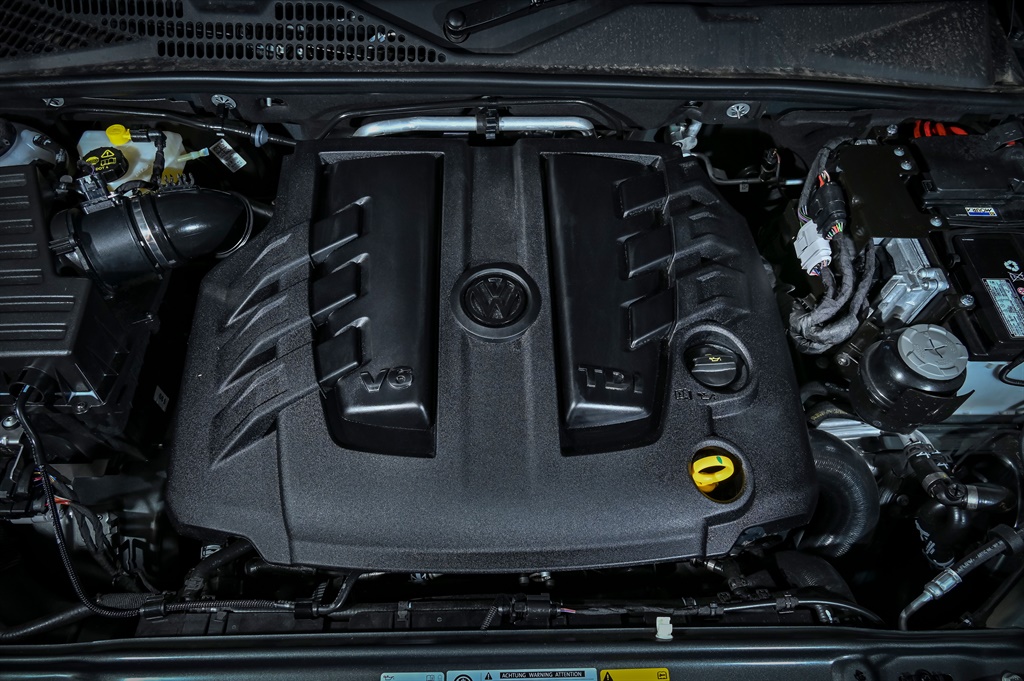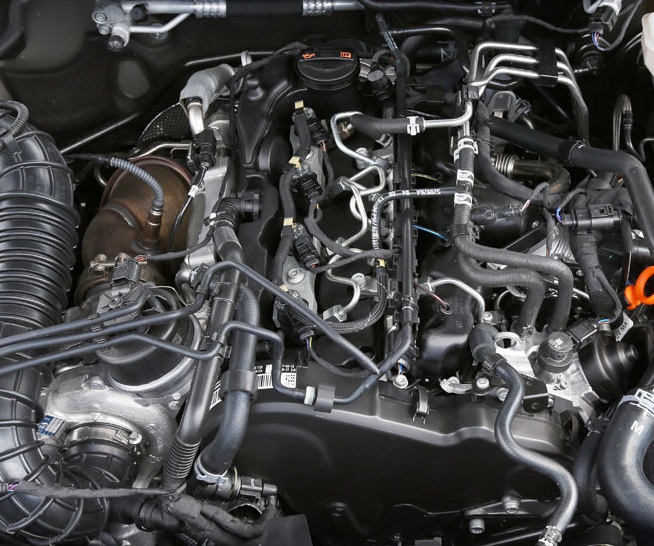Explore High-Performance Amarok Engine for Sale-- Ideal Upgrades for Your Truck
Explore High-Performance Amarok Engine for Sale-- Ideal Upgrades for Your Truck
Blog Article
Browsing the Refine of Engine Choice: Trick Factors to Think About
The procedure of engine option is a multifaceted venture that requires mindful evaluation of several vital factors to make sure placement with functional objectives. Performance demands, fuel efficiency, and budgetary constraints are just the beginning; factors to consider around ecological influence and upkeep support play a critical function in the decision-making structure. Understanding just how each of these components engages can dramatically influence the efficiency and durability of your investment. The intricacies of each variable may not be instantly apparent, motivating additional examination of just how to strategically navigate this facility landscape.
Performance Demands
When picking an engine, it is vital to establish clear efficiency demands that align with the desired application. Efficiency demands encompass a series of elements, including power result, torque qualities, and responsiveness, which should be customized to the certain demands of the car or equipment in concern.
Power output, normally measured in horse power, identifies the engine's ability to push a vehicle or carry out a job efficiently. Torque, on the various other hand, is important for applications calling for strong first acceleration or heavy lifting capabilities. An understanding of the functional environment is likewise important; as an example, engines developed for off-road applications might require different efficiency features compared to those planned for freeway usage.
Furthermore, take into consideration the functional lots and obligation cycle, as these factors influence the engine's durability and dependability. In high-load circumstances, a robust engine design might be essential to stop premature wear or failure.
Gas Effectiveness Considerations
While performance demands are vital, fuel effectiveness is equally vital in the engine selection procedure, as it directly influences operating expense and environmental sustainability. Fuel-efficient engines take in much less fuel each of work executed, which not only lowers overall expense yet likewise minimizes greenhouse gas discharges. As organizations significantly prioritize sustainability, picking an engine that enhances gas efficiency can enhance company duty and conformity with environmental guidelines.
When evaluating gas effectiveness, it is vital to take into consideration the engine's design and innovation - amarok engine for sale. Technologies such as turbocharging, direct fuel shot, and crossbreed systems can significantly enhance fuel economic climate. In addition, recognizing the operating conditions and responsibility cycles of the engine application is crucial; engines might execute in a different way under varying tons and rates
Moreover, producers typically give gas intake information that can be made use of to contrast various engine options. It is advisable to evaluate these specs in real-world situations to guarantee accuracy. The kind of fuel utilized can also influence fuel performance; different gas might use better performance and lower exhausts. In recap, gas performance is a multi-faceted factor to consider that requires extensive examination throughout the engine choice process.
Spending Plan and Expense Analysis
Spending plan and expense analysis offers as an essential element in the engine selection procedure, influencing both temporary investments and lasting operational expenses. When examining prospective engines, it is important to take into consideration not only the initial acquisition cost but additionally the complete cost of possession, which includes installation, upkeep, gas usage, and potential downtime.
A comprehensive analysis must begin with the upfront expenses associated with the engine, consisting of required alterations or ancillary devices. However, focusing exclusively on initial expenses might result in illinformed decisions. Reviewing operating expense over the engine's lifespan is similarly important, as a lot more expensive engines might provide remarkable fuel performance or decreased upkeep demands, eventually bring about cost savings.

Ecological Influence Factors
Understanding environmental impact factors is necessary in the engine option procedure, as sustainability factors to consider have actually ended up being progressively crucial for both governing conformity and company obligation. Organizations needs to examine the discharges produced by different engine types, consisting of co2, nitrogen oxides, particle matter, and unburned hydrocarbons. These exhausts add dramatically to air contamination and climate change, necessitating a careful analysis of the engine's ecological impact.
Moreover, fuel type plays a critical role in environmental impact. Engines powered by renewable power sources, such as biofuels or hydrogen, have a tendency to have a reduced ecological effect contrasted to typical nonrenewable fuel sources. In addition, the lifecycle evaluation of the engine, from production via procedure to disposal, should be considered to recognize the complete scope of its ecological effects.

Upkeep and Assistance Choices
When selecting an engine, the schedule of maintenance and assistance options is a vital consideration that can dramatically impact functional efficiency and durability. Comprehensive maintenance prepares make certain that the engine operates at peak efficiency and minimizes unexpected downtimes. It is necessary to click to read review the manufacturer's assistance network, consisting of the availability of certified specialists and service centers.
Analyzing the ease of access of extra components is also vital. A trusted supply chain for components can decrease preparations for fixings and maintenance, thus enhancing total performance. Additionally, think about the simplicity of getting technological documents and training resources, which are important for making sure that visit site employees are well-appointed to handle routine and emergency situation scenarios.
One more crucial variable is the service warranty and solution contracts supplied by the supplier. These arrangements can provide comfort and financial protection versus unexpected issues. Ultimately, a proactive method to maintenance and support not just expands the life of the engine yet additionally adds to the general success of the operation. Cautious consideration of these aspects will lead to notified choices that align with functional goals and spending plans.
Verdict
To conclude, the process of engine selection demands a thorough analysis of numerous essential variables, including efficiency demands, fuel performance, budget plan restrictions, environmental effect, and maintenance assistance. By carefully evaluating these aspects, informed choices can be made that straighten with operational purposes and sustainability goals. Ultimately, a tactical approach to engine option will make sure optimal efficiency and longevity while resolving environmental and economic considerations properly.
While performance demands are critical, fuel performance is just as vital in the engine choice procedure, as it directly affects operating expenses and environmental sustainability. As companies increasingly focus on sustainability, picking an engine that optimizes fuel performance can enhance business duty and conformity with environmental guidelines.
In addition, understanding the operating conditions and task cycles of the engine application is vital; engines may do differently under varying speeds and loads. (amarok engine for sale)
Examining operating prices over the engine's lifespan is equally internet important, as extra expensive engines might provide remarkable gas performance or decreased upkeep demands, inevitably leading to set you back financial savings.
In conclusion, the process of engine choice requires an extensive examination of different important variables, including efficiency needs, gas performance, spending plan restraints, ecological influence, and upkeep support. - amarok engine for sale
Report this page